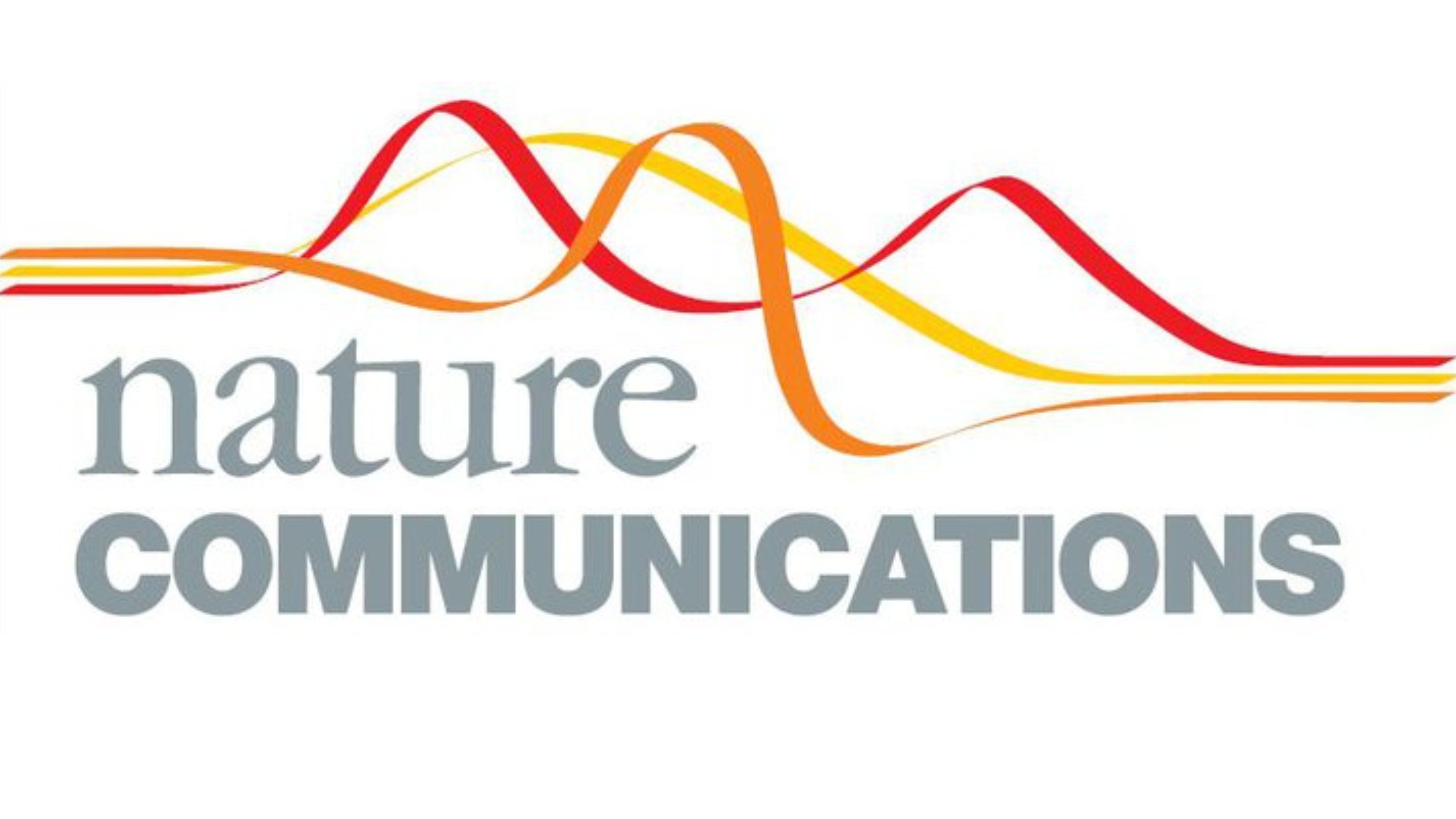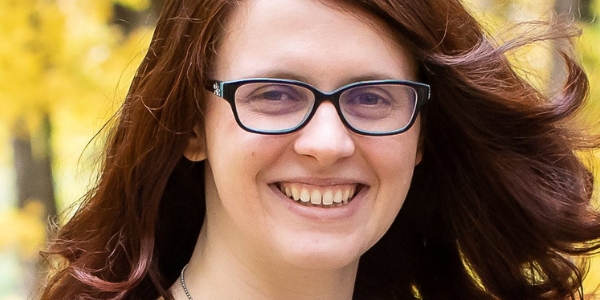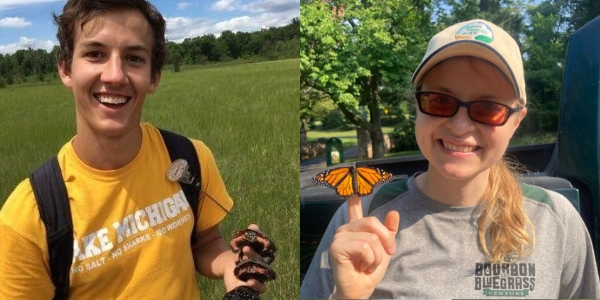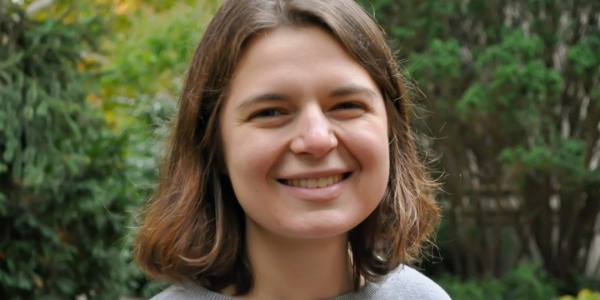MSU leads NSF grant to study diversity in classroom instruction
Most scientists that students see in undergraduate educational materials do not reflect the diversity of researchers within the scientific community, nor do they match the identities of students using these resources. This has been shown to have negative effects on students, particularly those from underrepresented groups, leading to increasing dropout rates in STEM (Science, Technology, Engineering, and Mathematics) fields.
Researchers from Michigan State University and Auburn University are collaborating to better understand and address this situation. The team, led by MSU evolutionary ecologist Marjorie Weber, is using a $1 million NSF grant to study how inclusion of diverse scientist role models in science instruction affects student attitudes toward quantitative learning exercises in STEM courses and careers. MSU's portion of the grant, which began Oct.1, is $480,255.
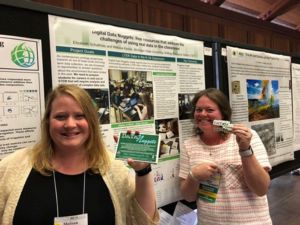
"It is important to determine which aspects of scientist role models are most impactful for students," said Weber, an assistant professor in the Department of Plant Biology and the Ecology, Evolution, and Behavior Program. "Attracting diverse students into STEM careers is a national priority - our team wants to determine data driven methods for achieving this goal."
Weber's team will bring together Data Nuggets and Project Biodiversify, two innovative resources developed at MSU.
Data Nuggets are free classroom activities, co-founded by MSU postdoctoral researchers Elizabeth Schultheis and Melissa Kjelvik - both of whom are part of the grant research team. When using Data Nuggets, students are provided with the details of authentic science research projects, and then get to work through an activity that gives them practice looking for patterns and developing explanations about natural phenomena using authentic scientific data from the study.
Project Biodiversify is a repository of teaching materials and methods aimed at enhancing human diversity and inclusivity in biology courses. The project was co-founded in 2017 by Ash Zemenick, formerly a postdoc in Weber's Lab who is now a postdoc at Auburn University, and a member of the grant research team. Students and biologists exhibit a diverse set of backgrounds and identities. However, most biology students are not exposed to a diversity of role models in the field of biology, and many students are taught about biology in a way that, often unintentionally, is not inclusive to them or their communities.
"It's exciting to bring together scientist role models with data literacy instruction," Schultheis said. "Our work embodies a reformed instructor culture, where faculty members see teaching as a way to communicate to students that all types of people can be scientists."
Read more at MSU Today.
